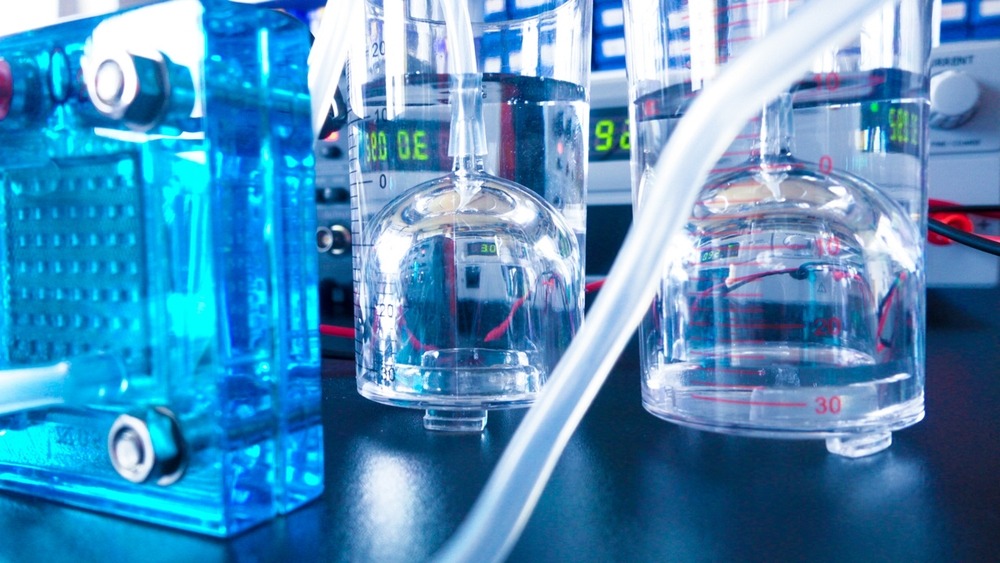
The U.S. Department of Energy (DOE) recently announced $15.8 million in funding for vehicle fuel cells, and for hydrogen production and storage.
The projects are part of the department’s Energy Materials Network, a research and development consortium. They were selected by the Office of Energy Efficiency and Renewable Energy’s Fuel Cell Technologies Office.
The goal of the office is to produce hydrogen fuel cells using domestic resources and to make fuel-cell electric vehicles efficient and economical.
“High performance materials hold the key to innovation in many critical clean energy technologies,” the DOE said. “But with ambitious national targets to reduce America’s carbon footprint, advanced materials’ traditional 15-20 years-to-market timeframe isn’t keeping pace with America’s goals to achieve a clean energy economy.”
Projects were selected in four categories: the development of catalysts made without platinum group metals, the development of advanced water-splitting materials for hydrogen production, the development of viable solid-state materials for hydrogen storage onboard light-duty vehicles, and the development of onboard hydrogen storage tanks at half the cost of current materials.
Since 2016, 2,000 fuel cell vehicles have been leased or sold. They consume 95 percent less gasoline per mile than traditional vehicles, have no tailpipe emissions, and offer quiet operation.